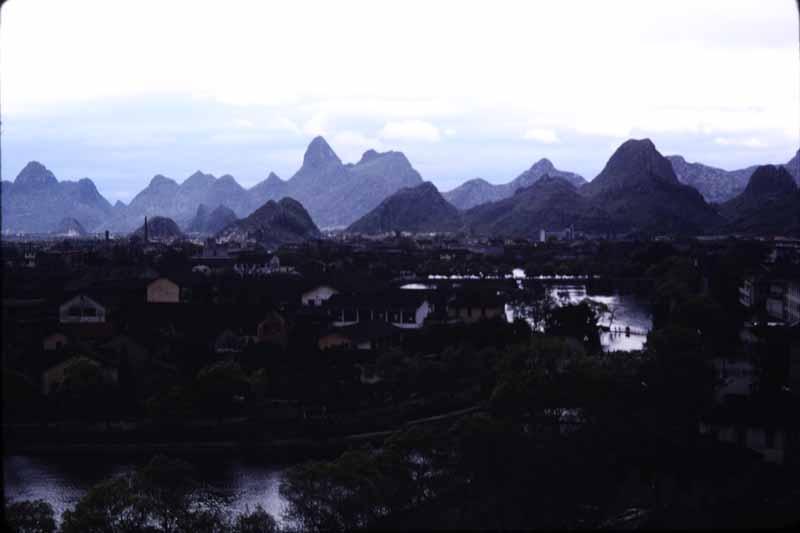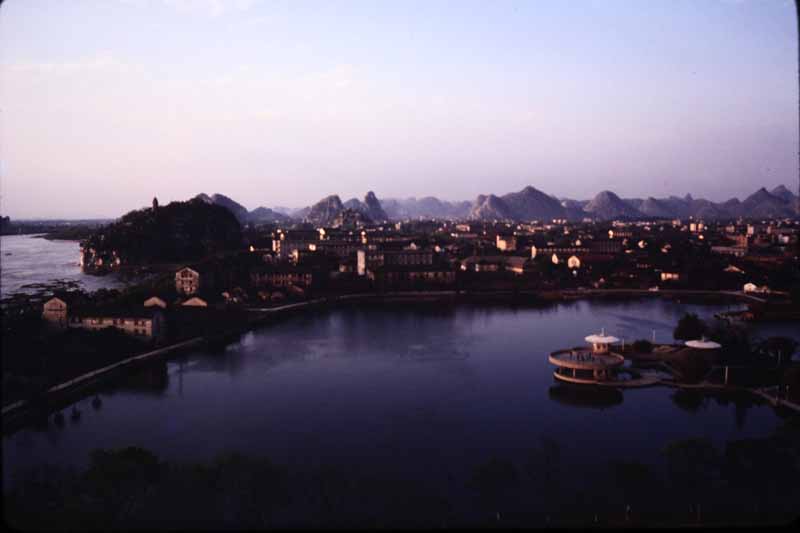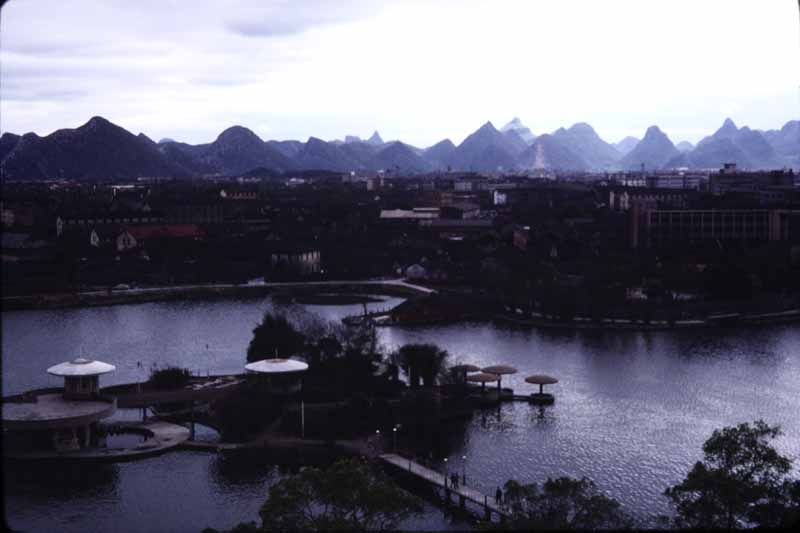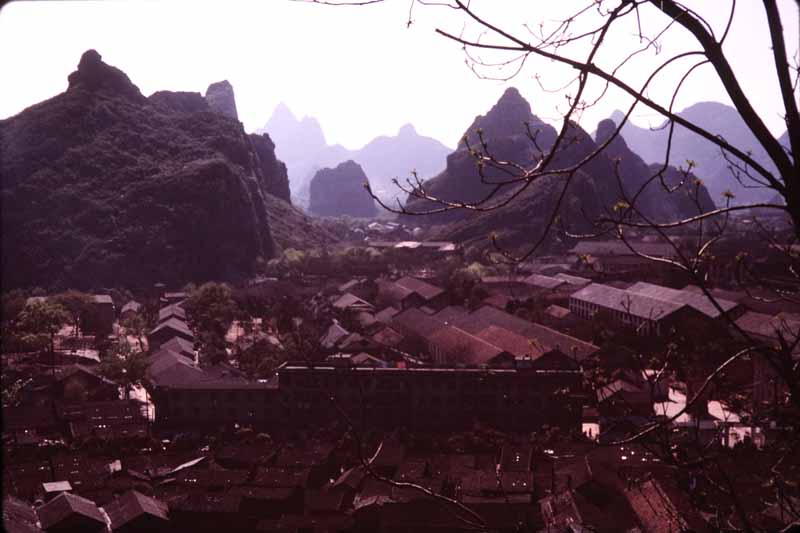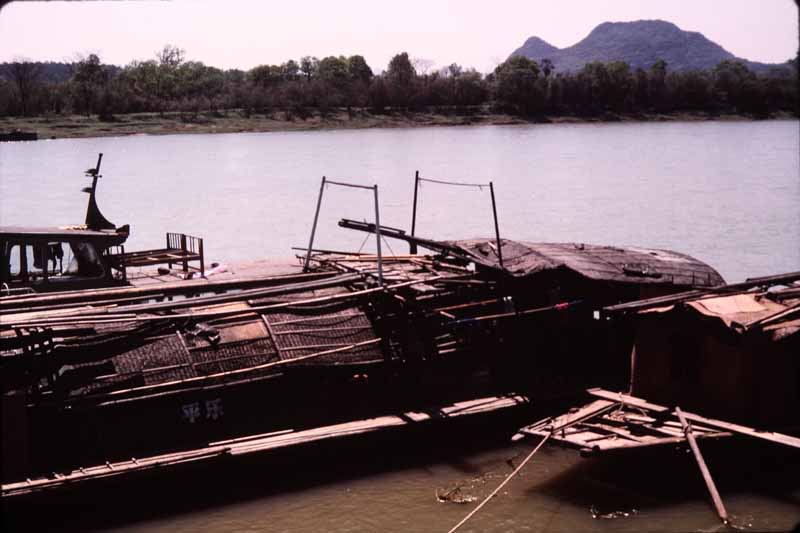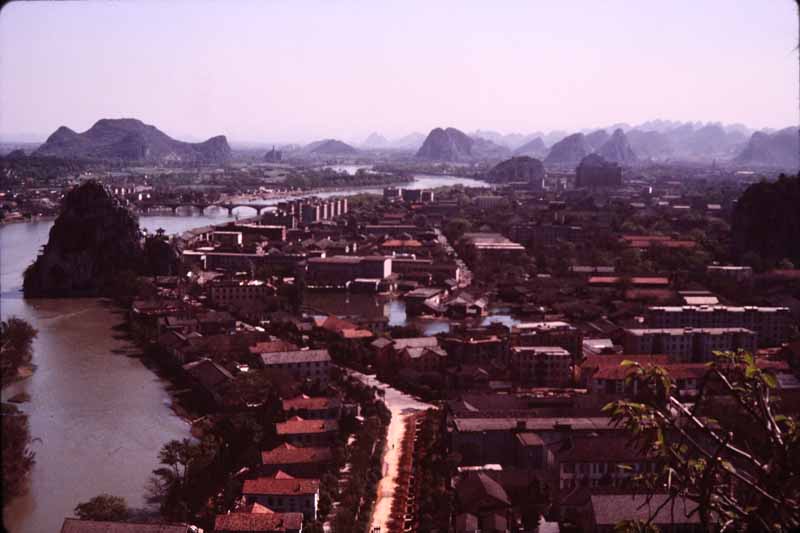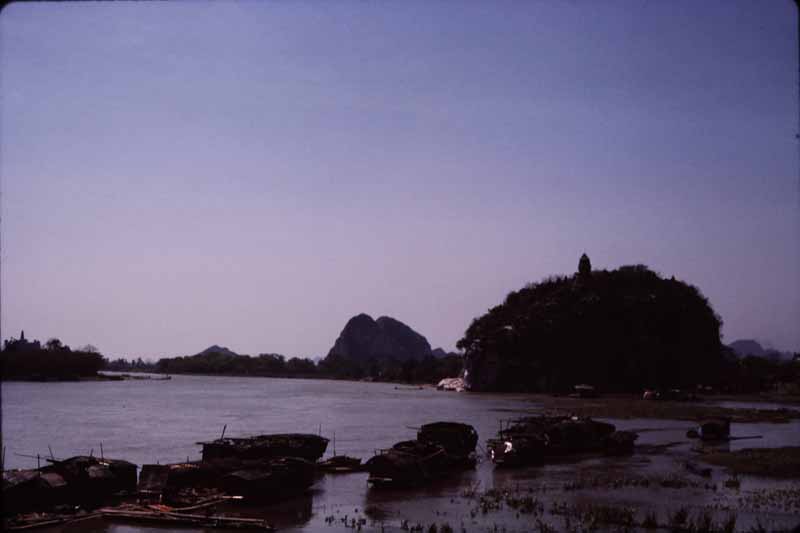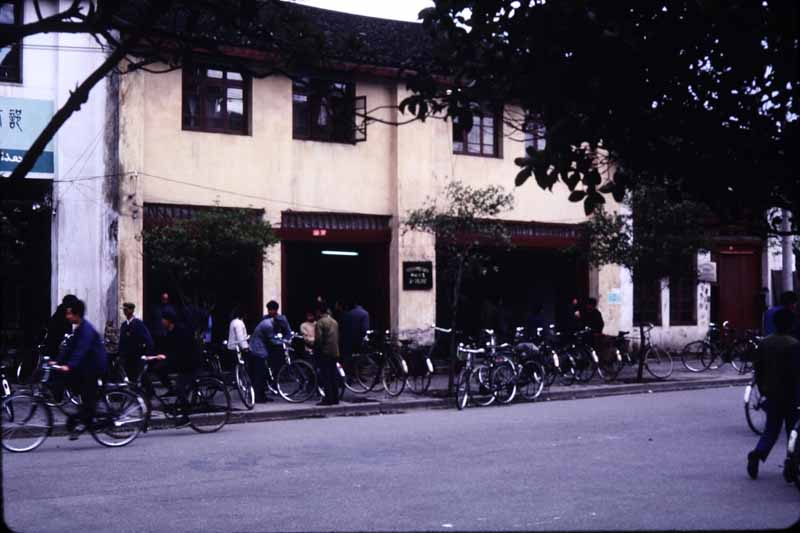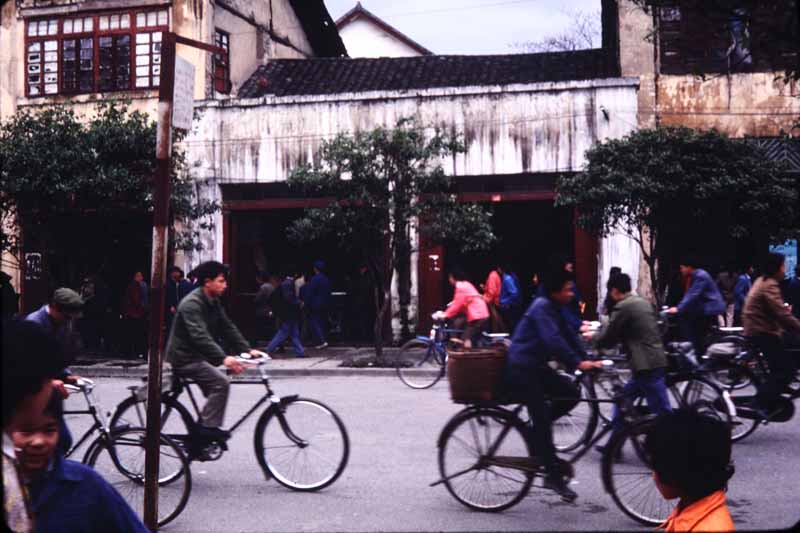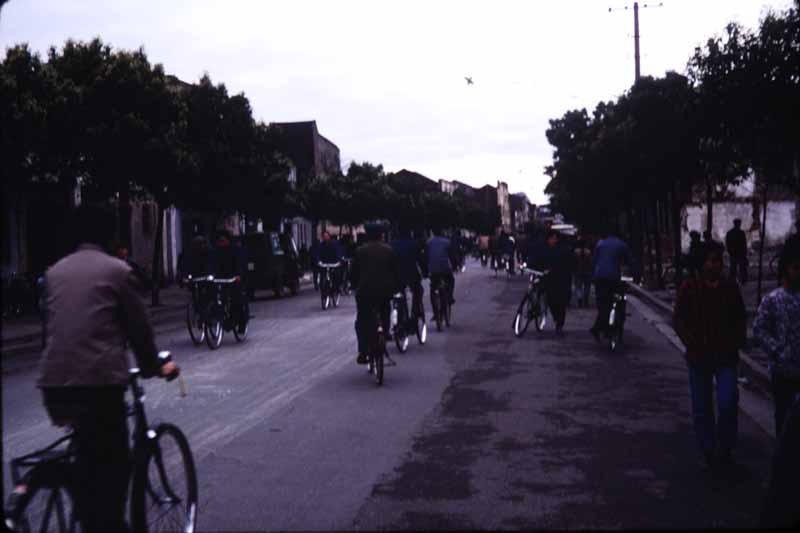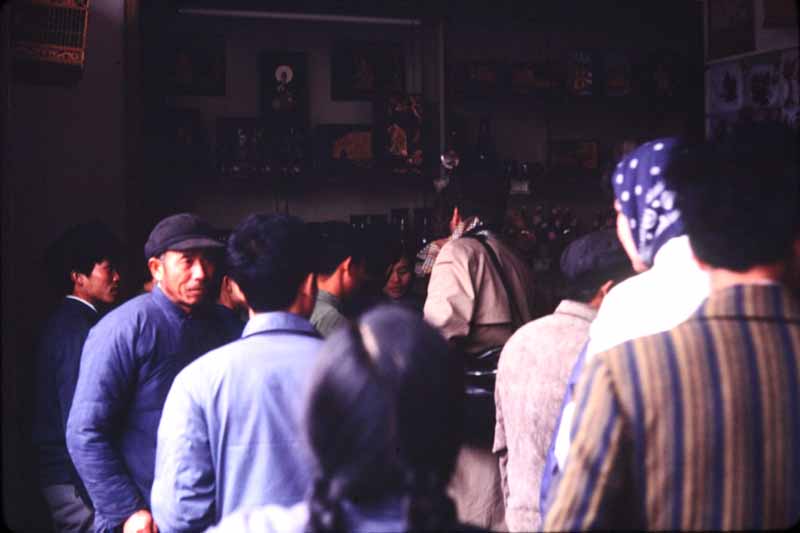11 April – Shanghai
An incredible city. The people constantly spill out on the streets. The are millions of them – about 11 million. The architecture is very European. One could easily be in any city in Europe – not Chinese at all. This is easily understandable, when you realize that Shanghai was not much of a city before the Treaties of the mid-1800s and thus was largely constructed by English, French, and German people. In any event, it is very different from either Peking or Nanking.
In the morning we had a visit to a city housing project – this is not like our housing projects, but actually an administrative division on a large scale. There are 86,000 residents in this project, which comprises about 21,000 families. They are almost a complete city – day care centers, hospitals, movies, book stores, houses – everything for the inhabitants.
This particular project was quite old, having been among the first built in 1952. We visited a daycare center which had the usual terribly attractive Chinese child (2-3 years old), a hospital (so called grass-roots or 1st level) – mostly preventative medicine and first aid – along with routine health care and – when pressed – abortions), minor industry (making diapers, pajamas and Mao caps) and a home. The family we visited was typical 1 room for living, which was about 10×10 (1 double bed, dresser, table (with tv) – very clean – where the resident had raised 3 children. This family shared a toilet, washing facilities and a kitchen (each family had a separate gas burners) with two other families. It would require a lot of discipline to exist in such a situation. About ½ of all the workers in the city live in housing projects. The newer ones are better, with each family enjoying a private kitchen and toilet. Still – the women resident – who was retired on 80% pay – and looked much younger than her 48 years – stated that when she and her husband had married in 1953, it was considered a very good place to live, but now she wanted more room, and had applied for a large unit about a year ago, but “these things take time.”
This p.m. a commune on the outskirts of town 4,500 acres, 14,000 workers, producing enough to feed 300,000 of Shanghai. Consider the city has 11 million – so it requires 40 such communes to feed the city.
The deputy who briefed was one tough cookie, very forceful and direct. I would want him on my side.
The produce from the commune is taken by truck to designated places in the city where the distribution organization takes over. It did not seem to me that there were very many distribution places for the produce – vegetables, chickens and ducks, and eggs mainly to be delivered. Prices are set annually by the government, following a meeting with the commune and distribution system. The prices for the produce are generally the same for all communes. The workers earn about Y550 per capita annually, or about Y2250 per family. It costs about 1100 to live and the rest can be spent. If the production teams can get the cost of production down their earnings will go up and vice versa.
There is increasing mechanization going on, but apparently not at the expense of creating unemployment – this was a bit unclear. That problem, I gather from many discussions, is a very difficult issue for all of China, which must increase its food production to feed its growing numbers, but mechanization – which will do that – will also require fewer workers. One way out is to create other industries on the commune to a absorb the under and unemployed. This commune had bicycle repair shops, brick manufacturing, and one or 2 other subsidiary businesses to cope with this problem, although the director did say they did not have too many workers but needed more.
We also looked at some homes of the workers, which were typically neat and clean. They had twice as much room as the city housing project people and it was also possible to buy the home for Y3000. Apparently, in China, one can own one’s own home, but not the land. The trip ended with a tour of the chicken houses, barn yard (the milk cows have no pastures, but just a small square to walk around in; the rest of the fence they are kept in the barn) and some vegetable fields.
The commune’s top priorities are 1 – better seeds and 2 – increased knowledge of the soil and what grows best where and how.
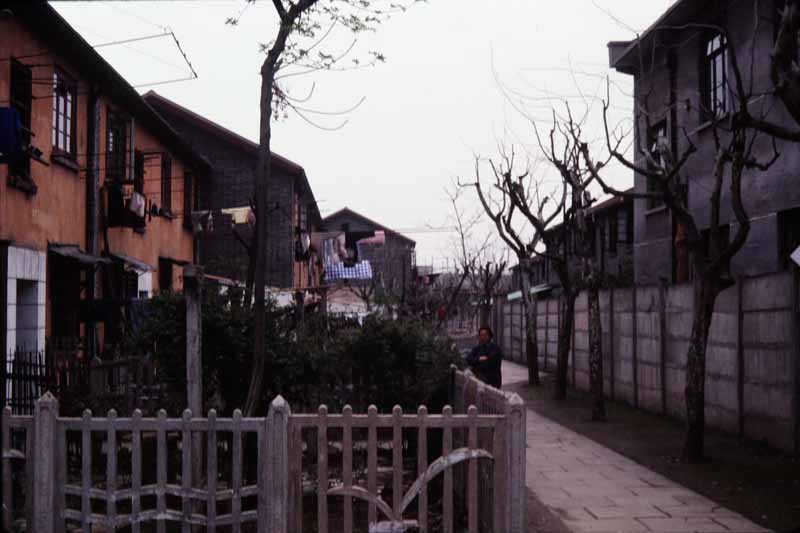
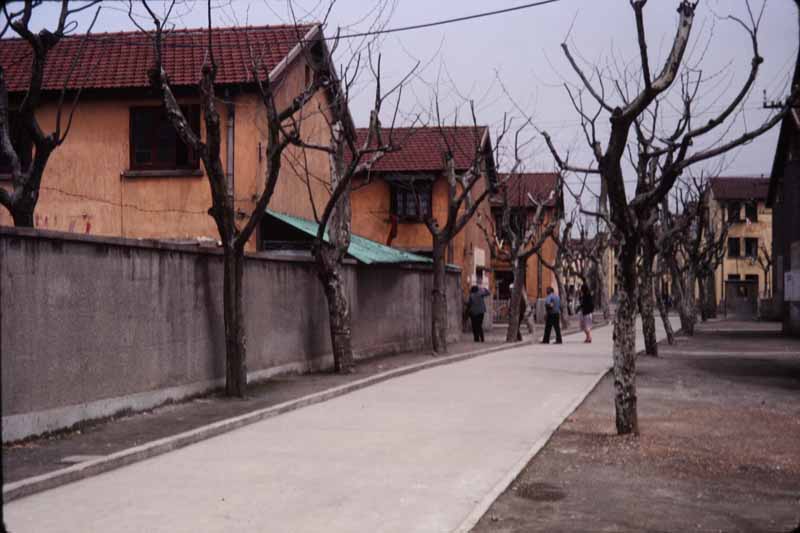
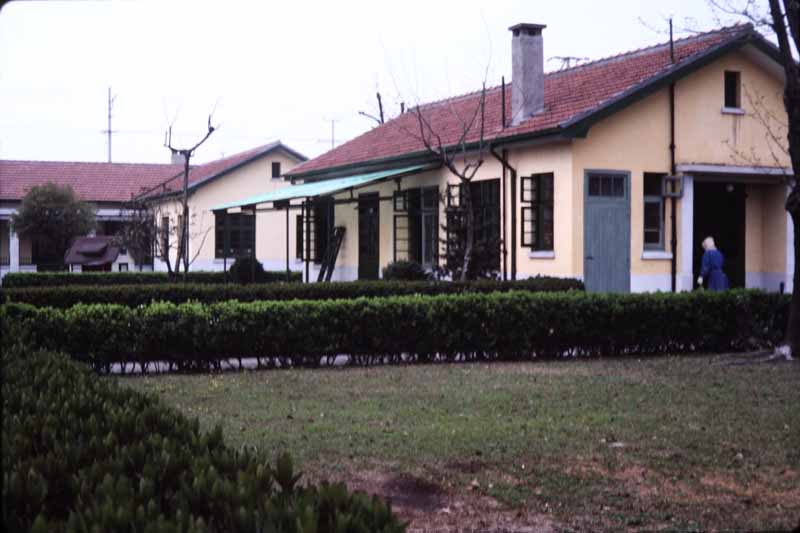
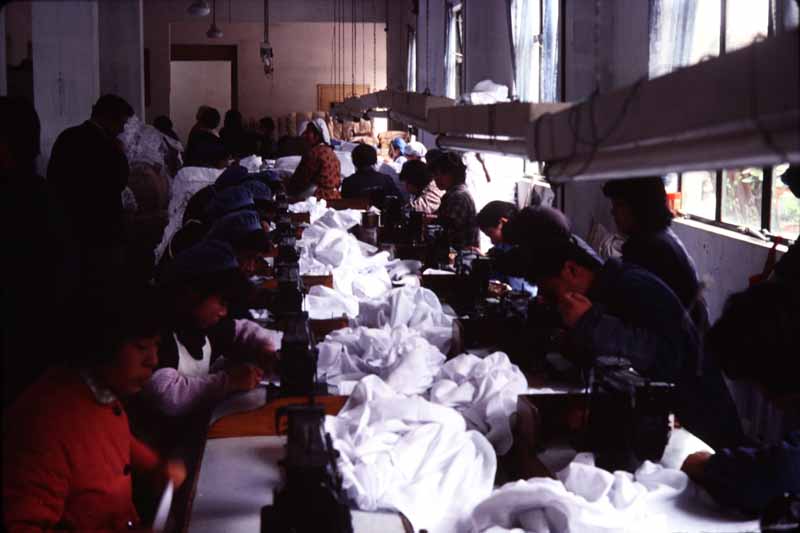
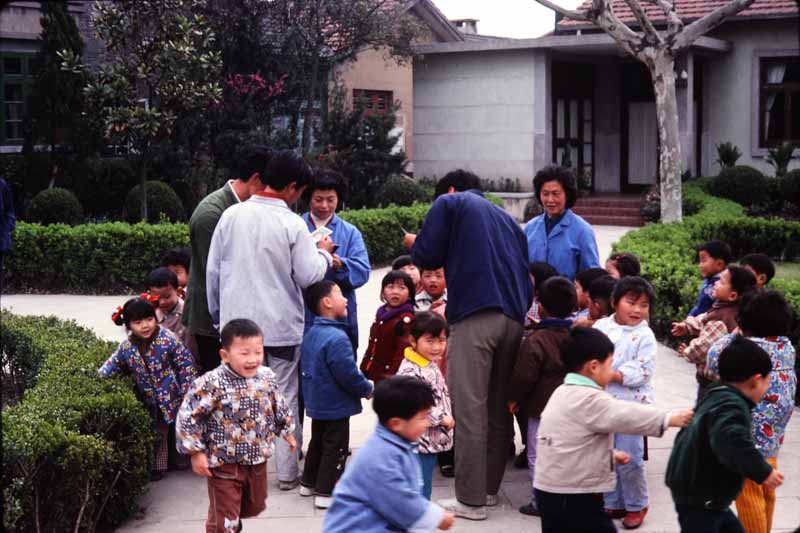
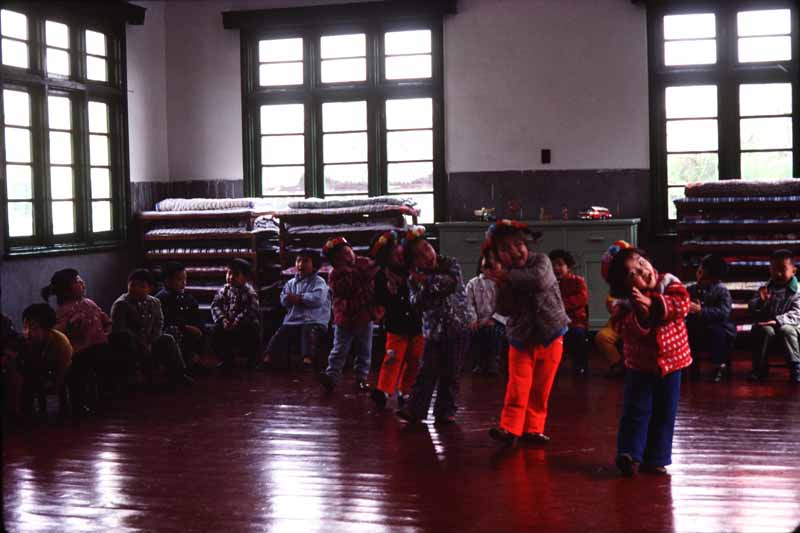
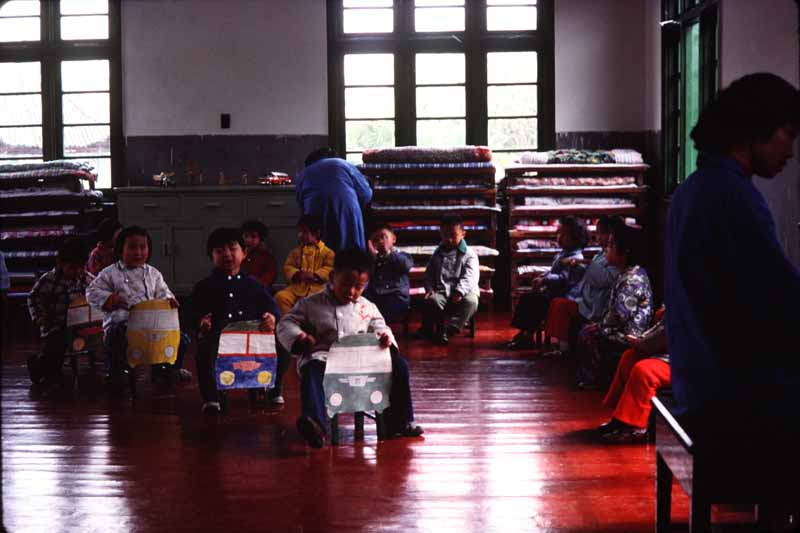
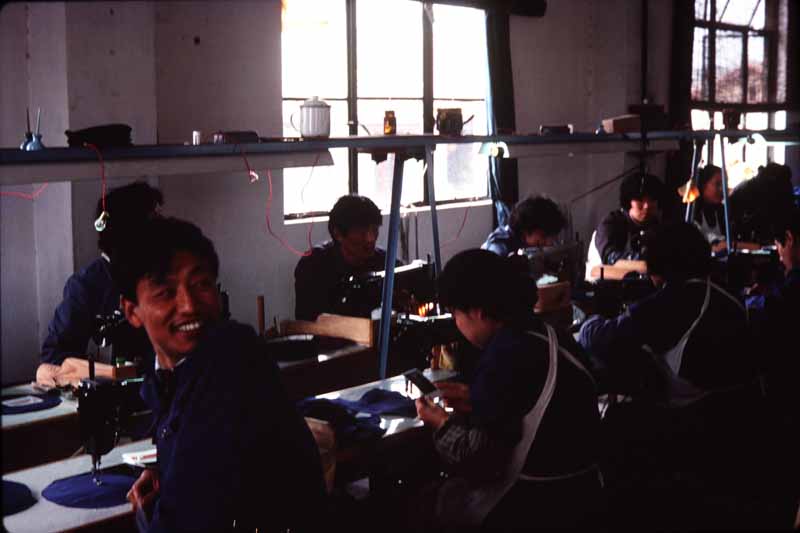
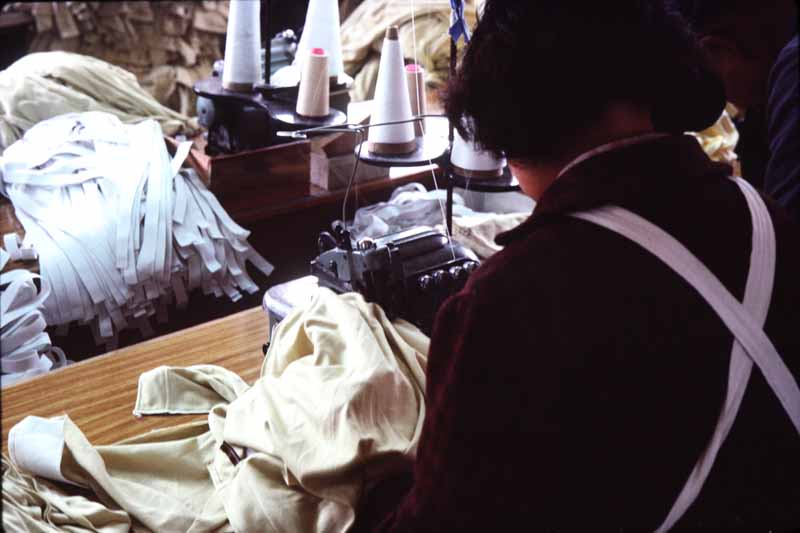
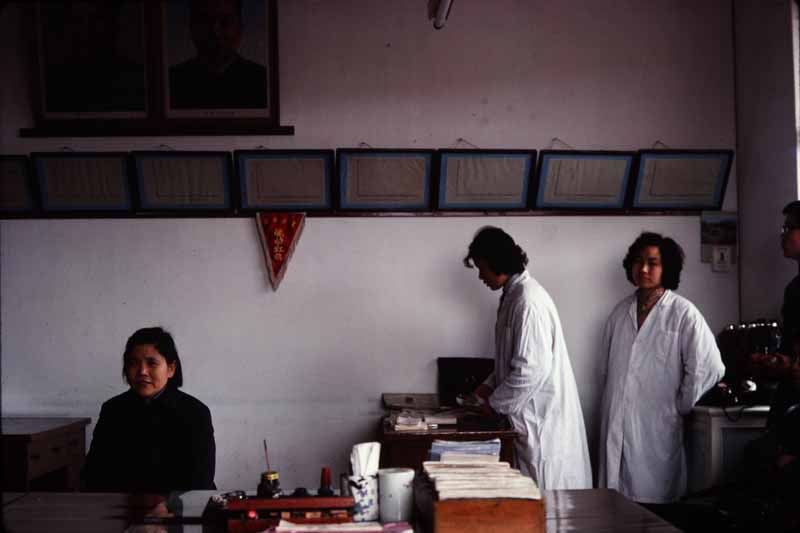
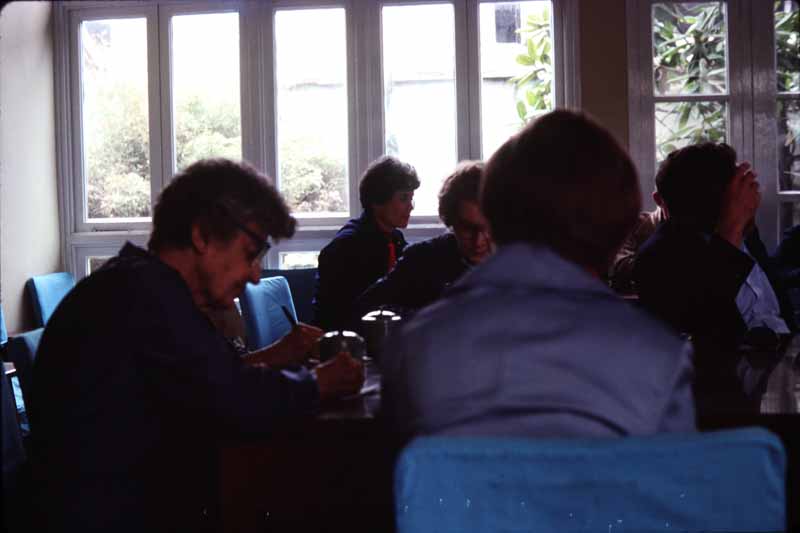
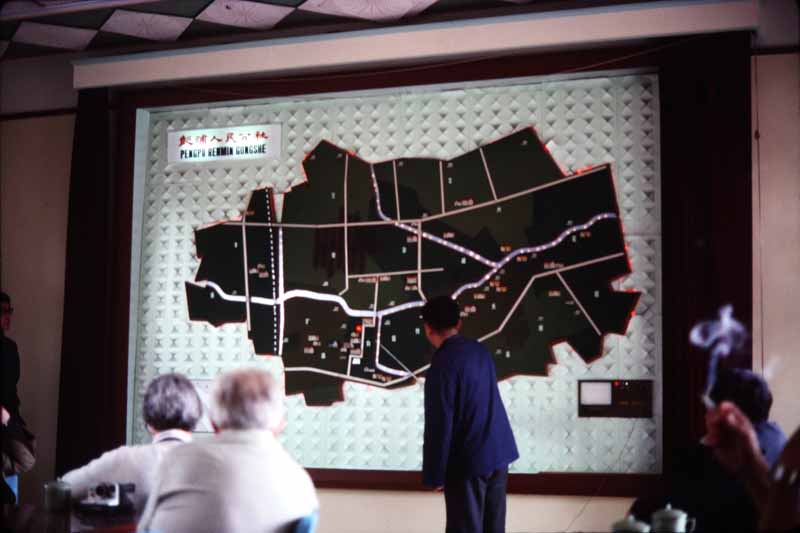
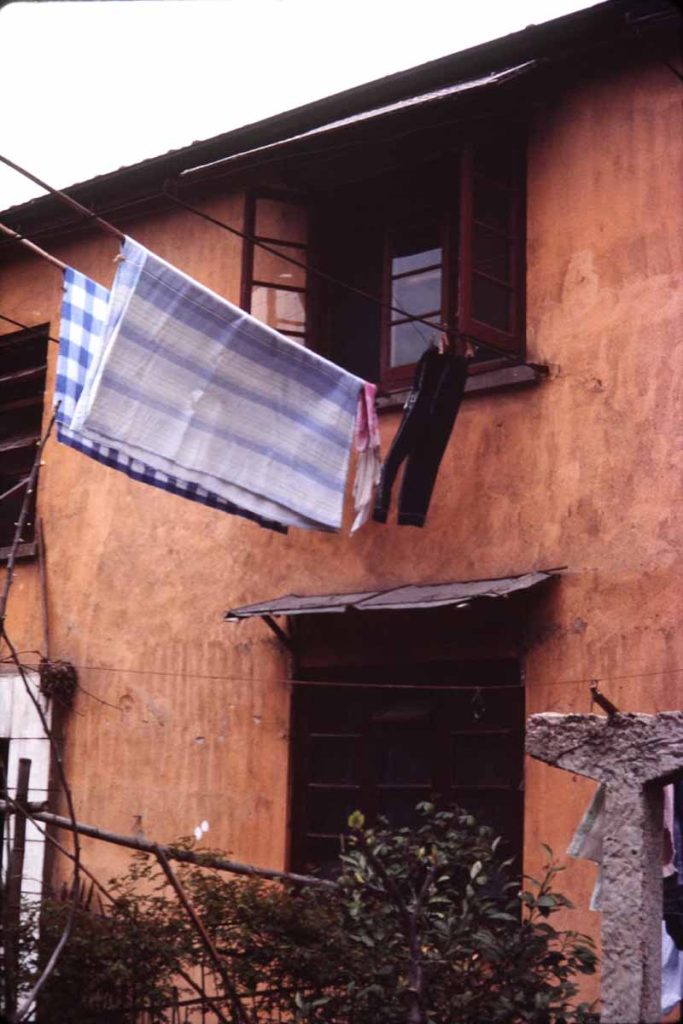
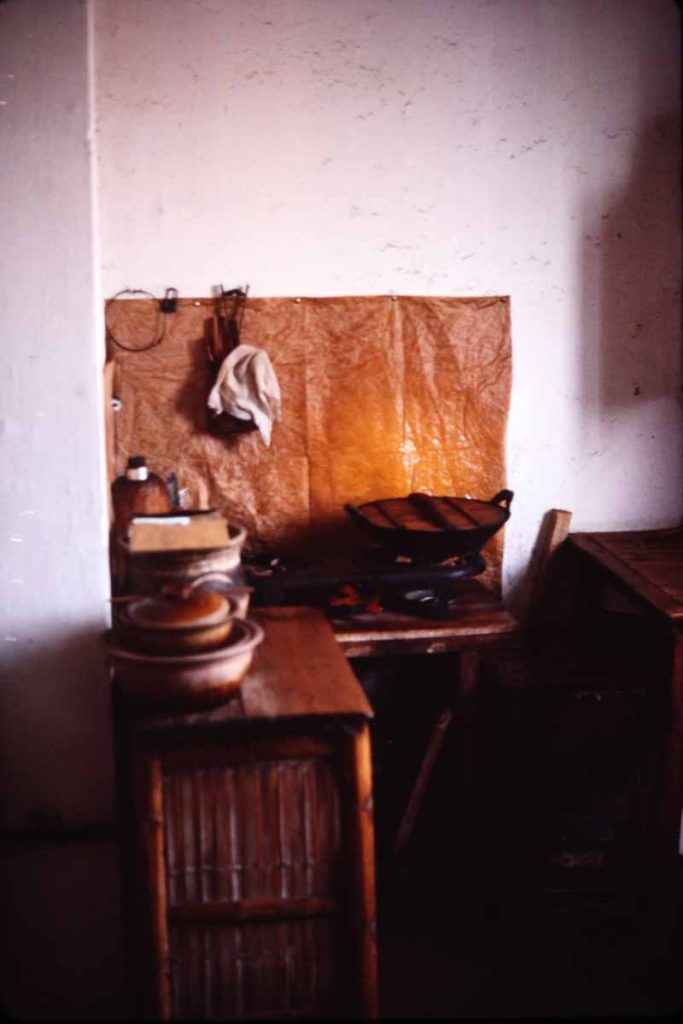
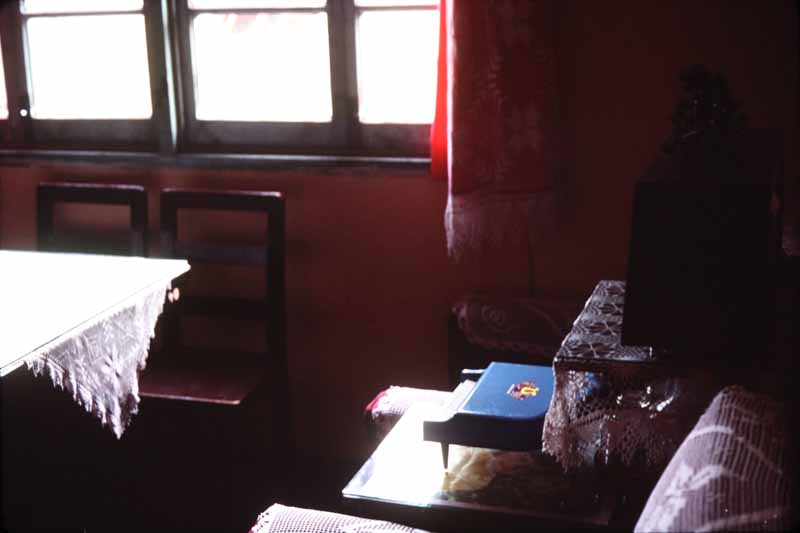
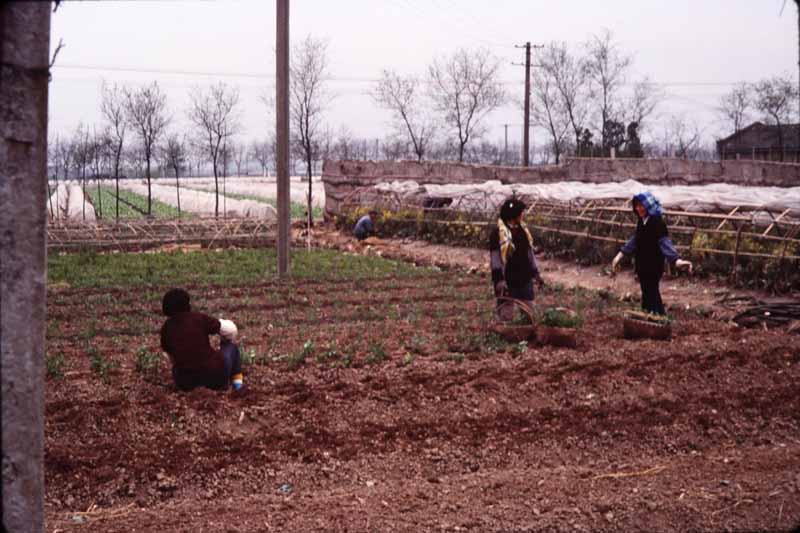
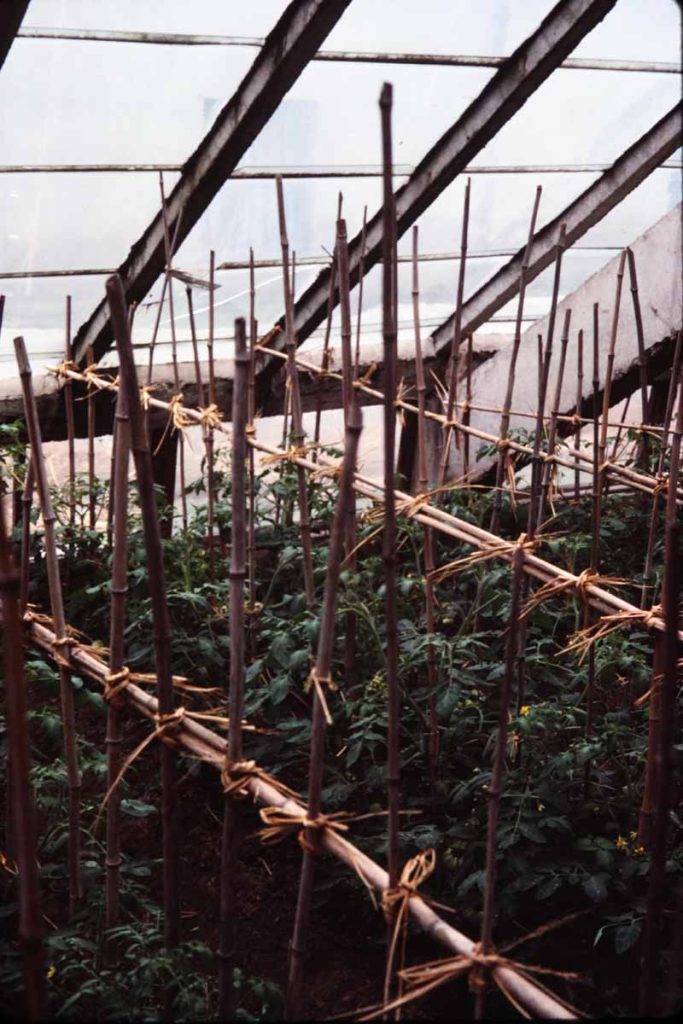
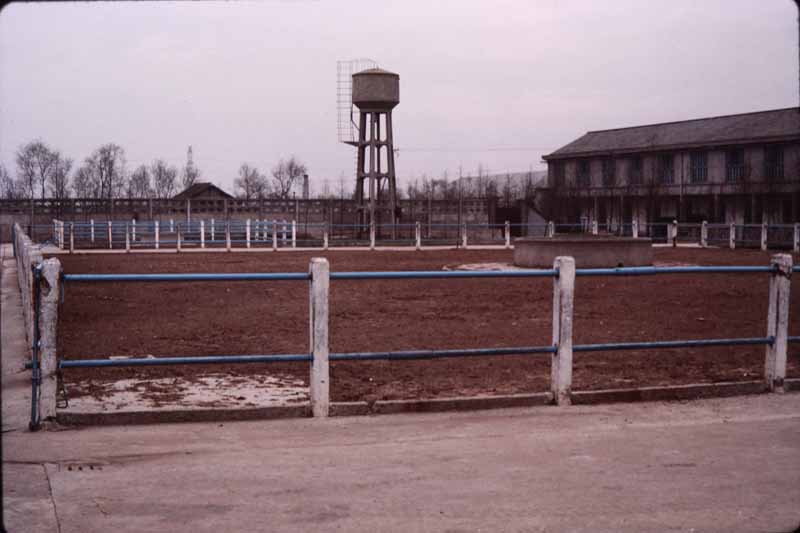
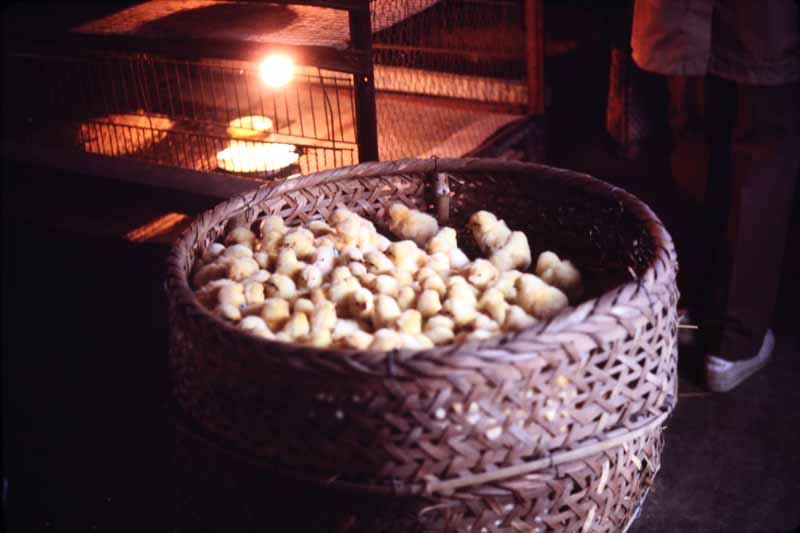
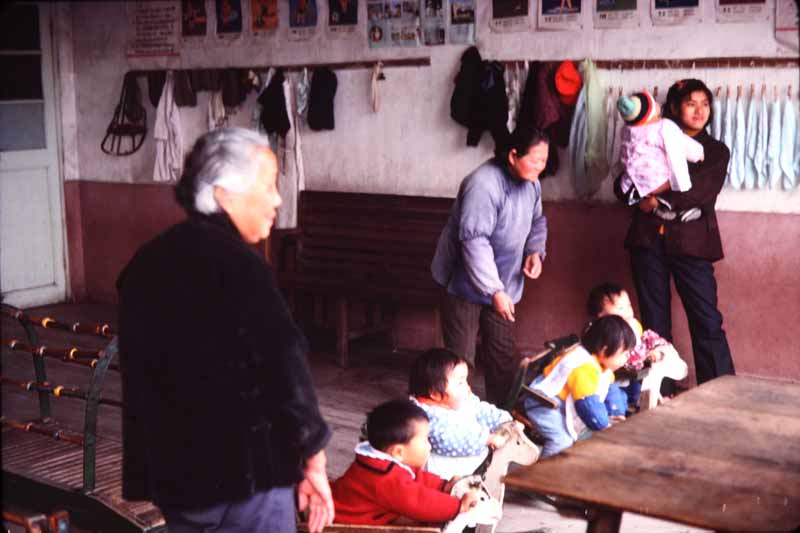
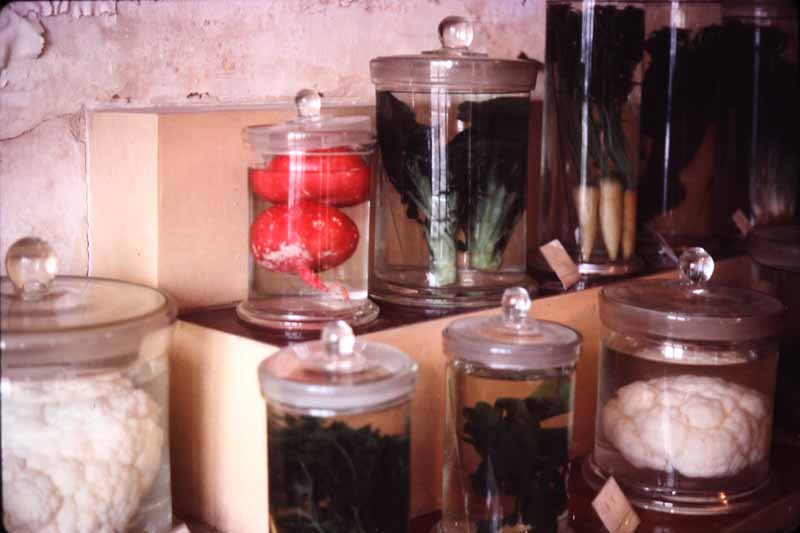
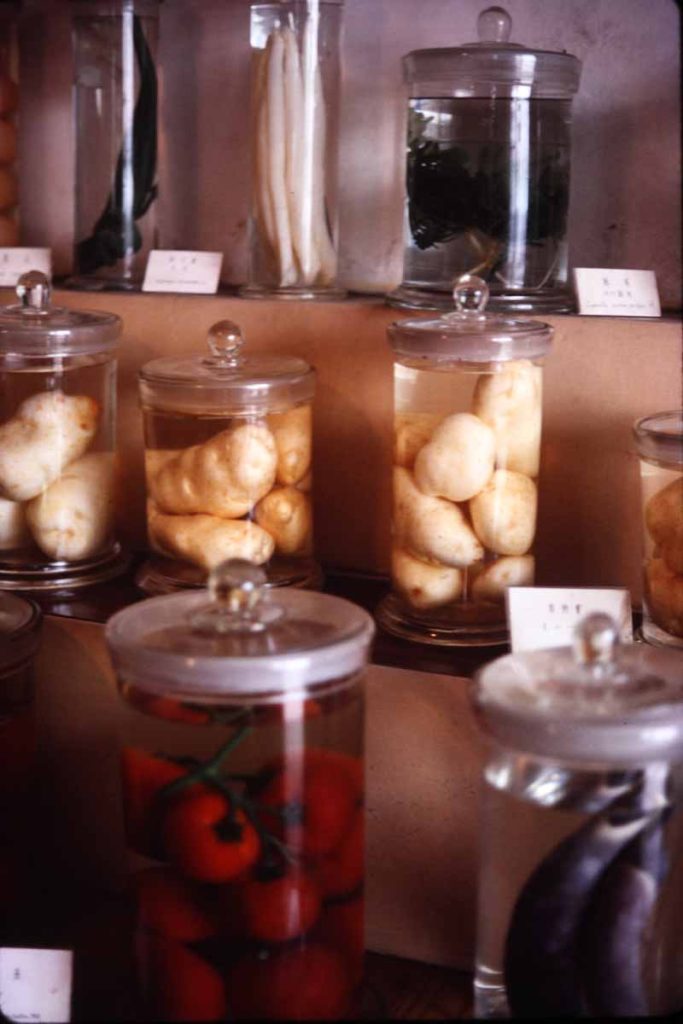
Shopping at the Nol (?) Department Store finished the day.
12 April – Shanghai
A three-hour meeting with two judges and a lawyer to learn about the role of law in China. In as much as my knowledge is about 0. It was all very interesting.
During the cultural revolution period, say 1969-1976, (the overthrow of the Gang of Four), all laws were essentially abolished, and many were unjustly accused. After the re-establishment of law in 1976, all the prosecutions during that period were reexamined and 10,000 were found to be unjust.
At the present time there is an organic (?) law promulgated by the Party Congress, as well as regulations that govern many different areas – industrial insurance and accidents, family law, criminal procedures and, I gather, many other areas. I do not believe it is possible to understand the workings of Chinese law without an understanding and knowledge of these regulations.
During the Cultural Revolution all the lawyers were made to do other things – the legal profession was abolished. Apparently, life and the law was quite arbitrary. But – the meeting did not involve much discussion of that period.
After the overthrow of the Gang of Four the first legal procedure enacted was a criminal arrest code, a fact I found most significant – whether the police will obey the code (there is no legal procedure that provides an individual remedy) is, I gather, still open to question. I believe a complete criminal procedure has been adopted, but I am not sure.
The lawyers are also making a comeback. The Shanghai Bar Association has been reestablished and there are now 40 full time lawyers accredited with it. The wages of lawyers run from Y72 – Y150 a month which isn’t much. Part time lawyers, who are apparently law professors who practice on the side, can earn around Y200 a month.
It is not necessary to graduate from law school to be a lawyer. 2 or 3 years work in a legally related job is apparently all that is necessary. After that application can be made to the Bar Association, which will issue the designation. Apparently, the Association also handles most ethical problems, and it is possible for the most serious violators to be disbarred. The is one law school in Shanghai, which only reopened last year after being closed during the Cultural Revolution. It has 300 students, and the course of study lasts 4 or 5 years, depending on what I don’t know.
The overwhelming majority of disputes never involve lawyers. They are resolved by conciliation with the appropriate neighborhood or factory committee. If a party is dissatisfied with the result an appeal to the courts is possible. In a society organized on a group basis, as is the Chinese, I can understand why the individual will be satisfied by a conciliation decision and not feel it necessary to resort to the courts. The individual just is not very important.
There are 4 levels of courts – the bottom one is the People’s Court and decisions are made by 1 judge and 2 assessors – lay people who are familiar with the situation being tried (these people are elected). The higher courts all have both original and appellate jurisdiction. The more important cases, such as the trials of counterrevolutionaries, get started at the intermediate level.
Apparently both intent to overthrow the government plus an act are necessary before conviction as a counterrevolutionary.
A person charged with a crime can either retain an attorney or have one appointed. If one is retained, the fee goes not to the attorney, but to the Bar Association (as was explained “otherwise we would have competition between lawyers.”) A docket record of the trail is made, and after the trial is over, this record is signed by both lawyers.
There is a system civil compensation for injuries, both for property loss and physical injury, that can be obtained in court. If a person is adjudged at fault, payment is made by that person’s factory or commune. Police, at the scene, decide fault.
The military has its own system of courts, and if a military personnel commits a tort or crime against a civilian, that case will be heard in the military courts – that is not good.
We were unable to learn the number of criminal cases heard by any of the Shanghai courts – that information is not published.
Following lunch, I went to the Trade Pavilion, which turned out to be a mistake as it turned out to be a high-priced store. I had been led to believe it was an exposition of things produced in China. So Syddie, Nancy and Peggy T got in a cab and took a tour of the Shanghai Museum which had some spectacular scrolls, metals and china – all very old. Then for a return visit to the B?? – the 500 yard waterfront drive that Mary and I had visited before breakfast. Then it was very foggy and we could see nothing of the water traffic, although we did enjoy watching the group and individual exercises. In the afternoon we were able to see the bustle of the shipping activity. Also any time we stopped we would be literally mobbed by people anxious to try out their English.
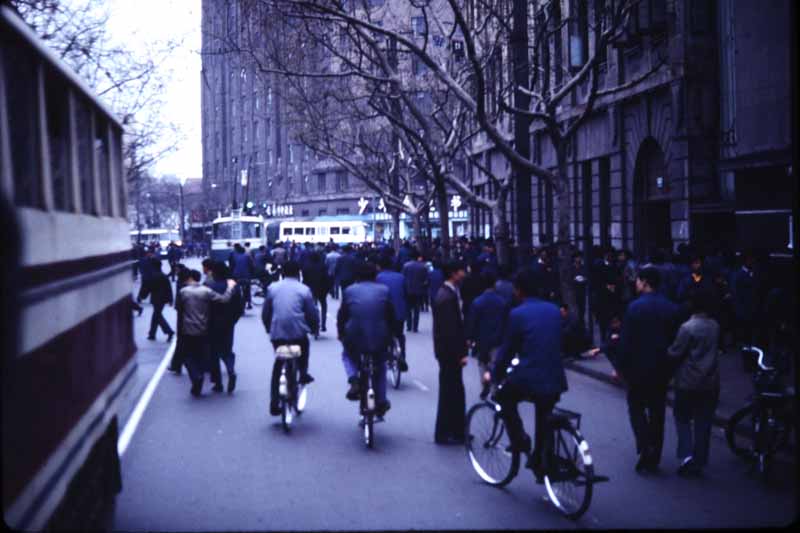
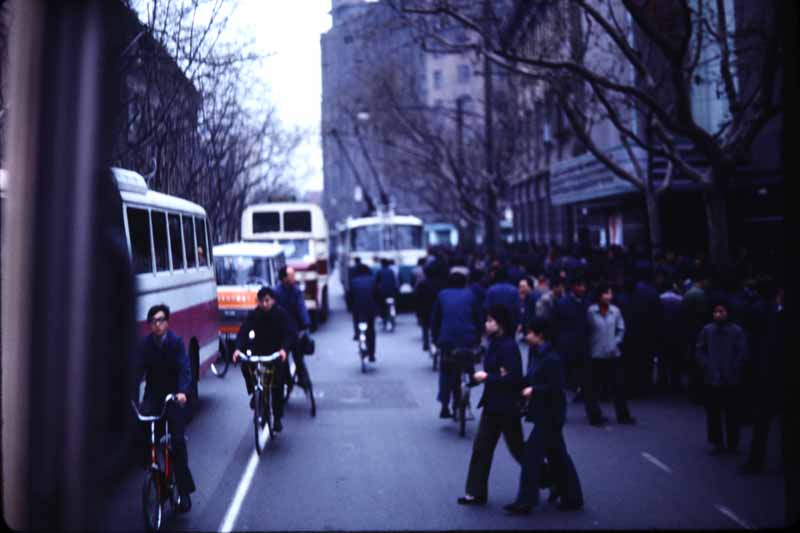
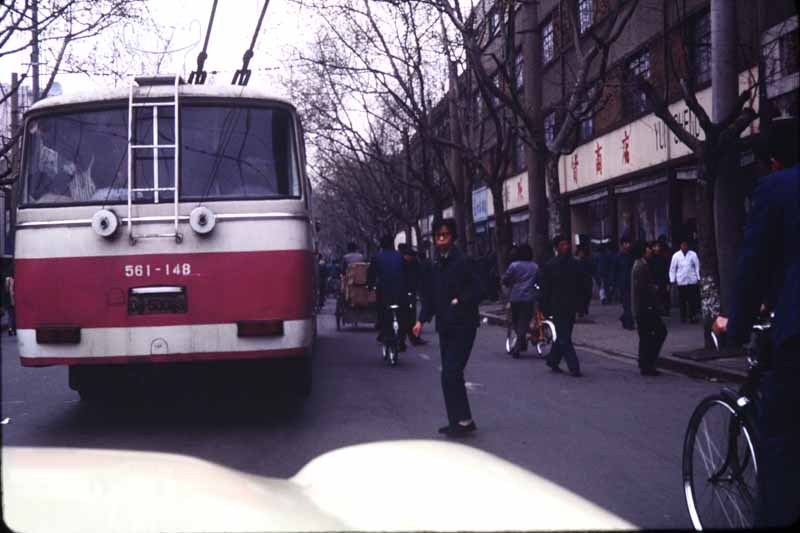
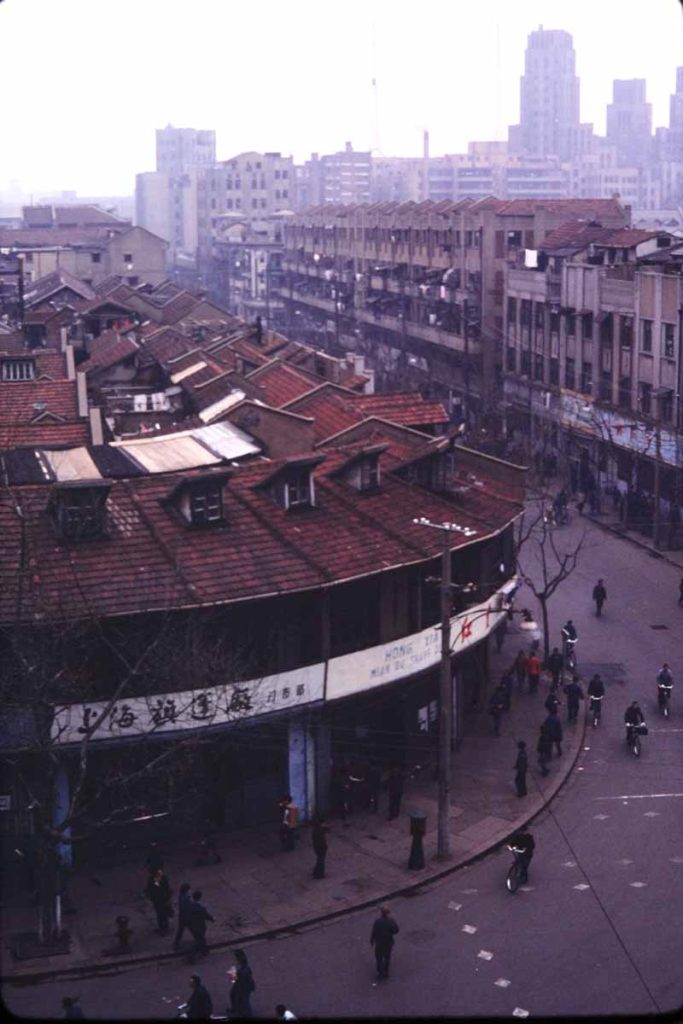
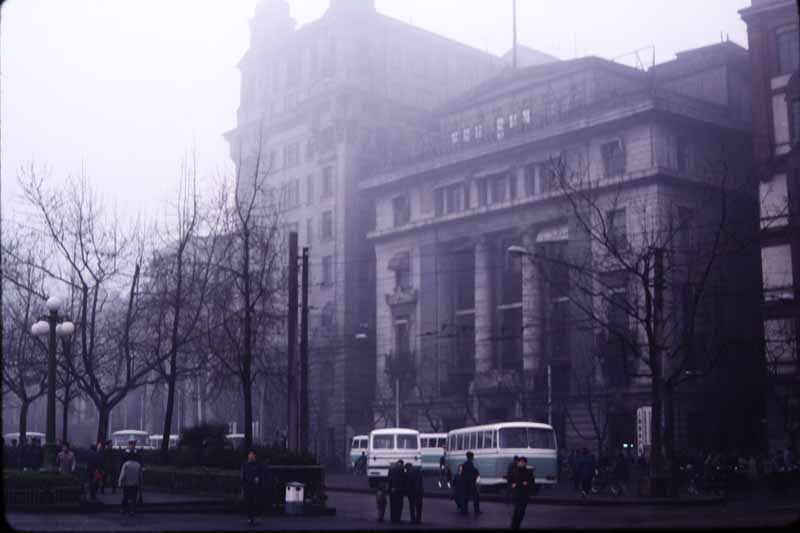
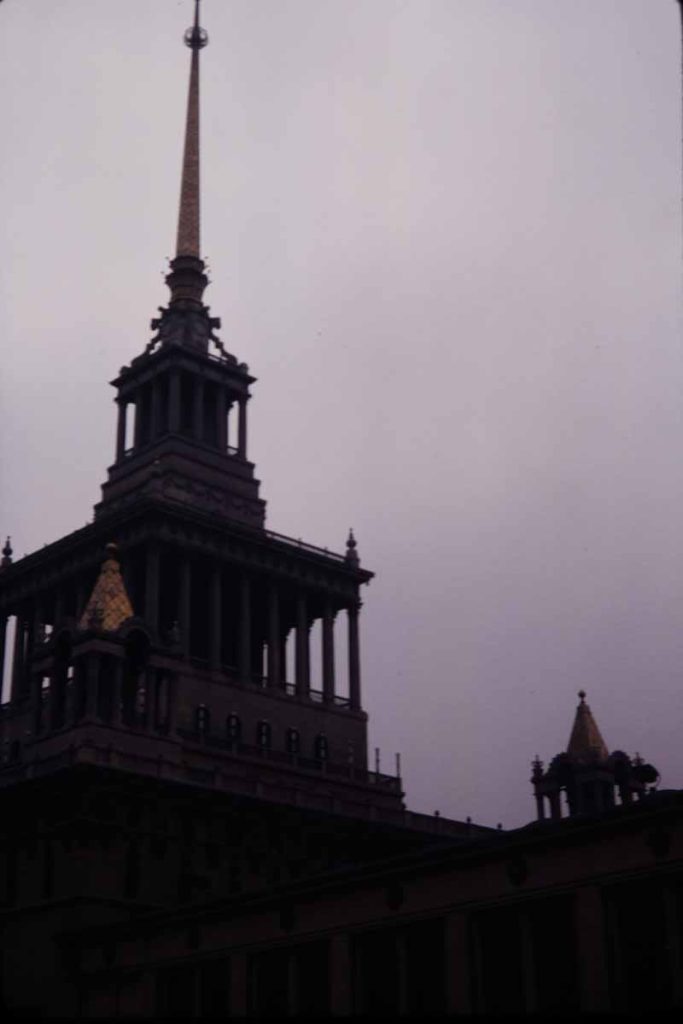
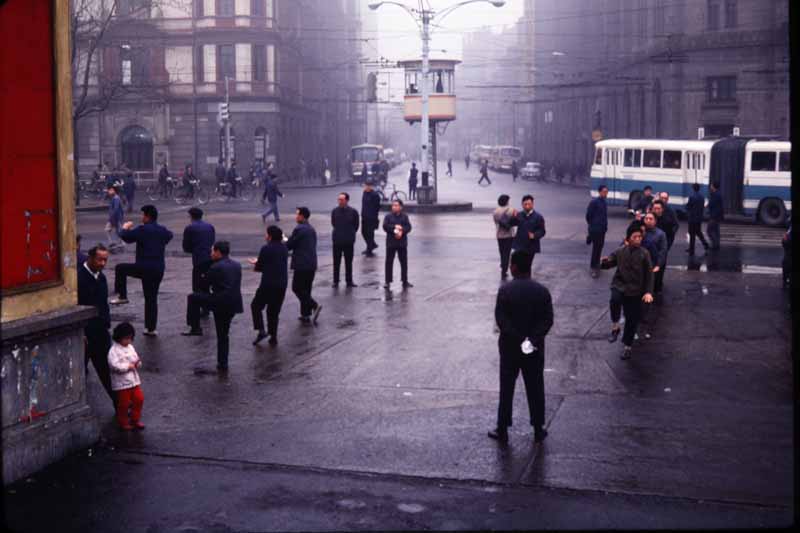
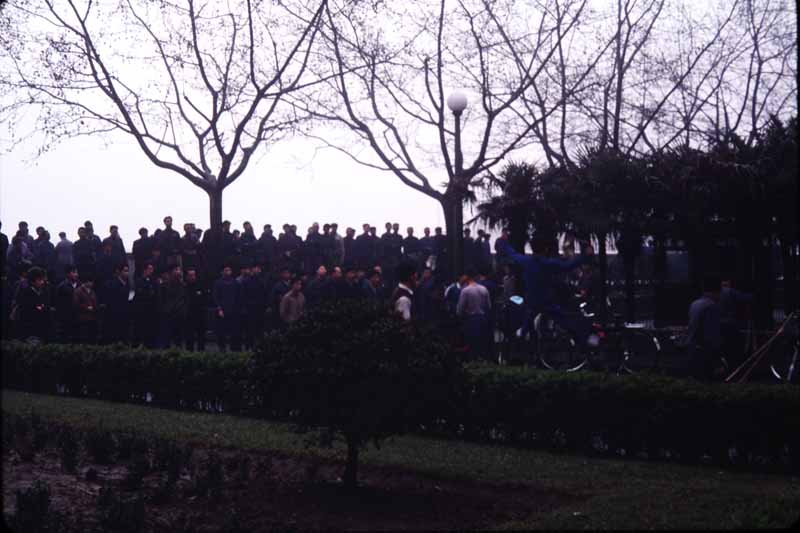
Then for dinner the Thomson group, Betty, Mary and I, went to dinner at a Chinese friend’s home. The woman John Thomson knew when he had been at Wisconsin – she was an instructor in Chinese and later became chairman of a department. She had returned about 3 years ago and was now living for an extended period. The man also knew John because he had been a student at Wisconsin when John taught there.
He had returned to China in 1959 as a nuclear scientist of some sort. Shortly after the start of the cultural revolution, he had been taken from his house at 2am and accused of being a spy – the proof of which was that he had written a letter to the USA (a Christmas card to a former professor). He was imprisoned, his wife did not know where he was for 1 ½ years. Later he was at a factory in a remote area and also a farm. He saw his wife 4 times in 10 years. In 1978 he wrote a letter asking for a review of his conviction, which was done, and the conviction reversed. He was restored to his job – and got his back pay – Y16,000. He was very cheerful about the entire ordeal. Incredible.
April 13 Shanghai – Guilin
Up at 5:30 for a 7:25 flight to Guilin, in the south. I was a bit apprehensive about flying Air China because Jim Thomson was not too complimentary in his writing and also because we would be flying in ancient Russian planes. I was wrong – we did fly in an ancient Russian plane, a Antonov 24, a twin turbo prop plane that seats about 40. It was our special plane. No bother about PR or emergency doors, etc. Just take off and fly. It was a very windy day and we had 1 stop on the way. But the pilot was very good – hardly any bouncing and very smooth landings.
We arrived at Guilin shortly after 1pm and went to a local restaurant and then to the hotel. Snafu at the hotel – because of the nasty weather, people were not able to get out of the city so there are only 5 rooms when we arrive. We decided to walk around town, which we did for about 2 hours, and when we got back to the hotel we had a room – and on the correct side. The city – population about 350,000 – or at least the main street is filled with activity. Many different shops – including, for some reason, 5 or 6 eye glass stores, all typical Chinese store fronts. As usual Mary bought, and I did not. I do not see the value in buying simply because it is offered and likeable, but that appears to be a minority view.
